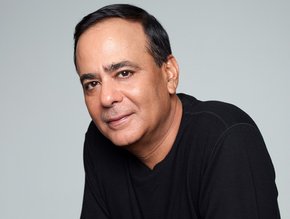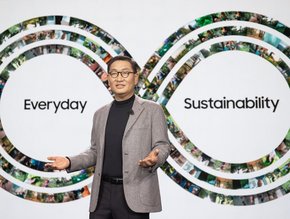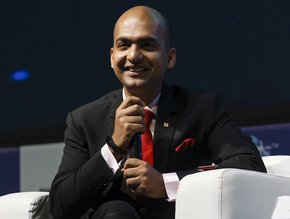UOB: making strides in sustainability across Southeast Asia
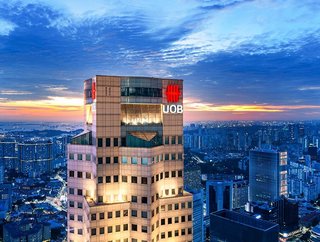
United Overseas Bank (UOB) is no stranger to awards.
Headquartered in Singapore, but with subsidiaries in China, Indonesia, Malaysia, Thailand and Vietnam and 500 offices across 19 countries, UOB has been clocking up excellence awards over the last few years thanks largely to its transformative initiatives – most recently landing Singapore’s Best Bank accolade (Euromoney).
As Singapore’s third-largest company, with a valuation of US$33.36 billion, UOB has made significant strides in digital transformation, investing more than S$2 billion in cutting-edge technology and infrastructure in 2022 and launching its flagship digital bank.
In acquisitions too, the 90-year-old bank is making an impact, with CEO Wee Ee Cheong recently leading the bank’s largest M&A in a decade, with acquisition of Citi’s consumer banking operations in Malaysia, Thailand, Vietnam and Indonesia.
Taking sustainable strides
It’s no surprise then to see the bank making similarly ambitious headway on the sustainability front, not only in meeting targets and advancing sustainable financing but landing awards for its ESG efforts – with UOB Thailand trumping HSBC to the Thailand's Best Bank for ESG accolade (Asia Money) in 2023.
UOB has four legs to its sustainability strategy – driving growth sustainably, putting customers front and centre, developing professionals, and upholding corporate responsibility – and has established a sustainability advisory panel of experts to ensure relevance in terms of industry and regionality – a move that is becoming mainstream among institutions.
Made of up three experts from the WEF, Schneider Electric and Seatrium, the advisory panel provides global and regional perspectives, expertise and guidance to the bank’s board and management on its sustainability strategy, targets, projects and ESG-related risks and opportunities.
Advancing net-zero agenda
Committed to becoming net-zero by 2050, UOB’s sustainability strategy is grounded in the need for a “just transition in Southeast Asia” – one that supports an “orderly and just transition to net zero so that economies continue to grow people’s access to energy continues to improve,” according to Cheong.
“We are here to catalyse funding and support our customers on their transition journey. We have also taken steps to transform our operating processes and to deepen our collaboration with the larger ecosystem of stakeholders, including across all levels of government, economy, and society to effect transformative change.”
The bank has based its net-zero targets on six sectors that are among the most important for decarbonisation and account for around 60% of UOB’s corporate lending portfolio.
And according to its first net zero progress report, released this month, the bank is making positive headway in meeting set targets – including sticking to a commitment to deliver "no new financing for upstream oil and gas projects" approved for development after 2022.
In addition, in 2022, the bank achieved reductions in emissions intensities across five sectors – power, automotive, real estate, construction and steel – with the various metrics at 7% to 14% below the respective net-zero target pathways.
UOB has extended S$38 billion in sustainable financing and continues to develop and expand its suite of sustainable finance frameworks and solutions targeting smart cities, the circular economy and green building developers and owners, among others.
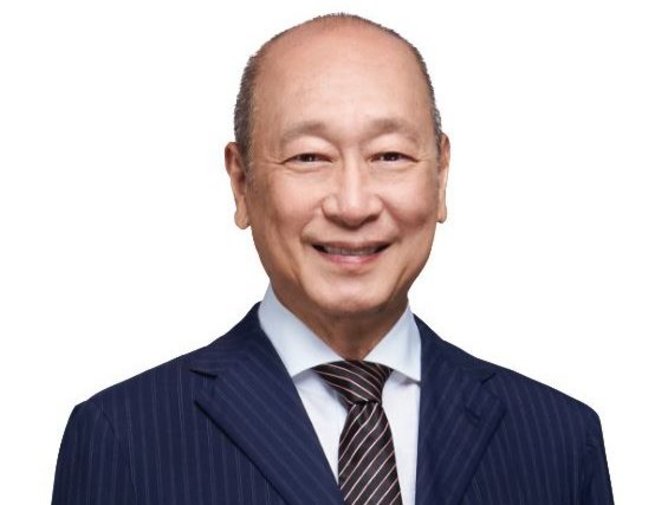
Supporting SMEs in their sustainability journey
The bank is also committed to empowering small and medium-sized businesses (SMEs) on their sustainability journey, especially given their regional importance – with SMEs making up a staggering 99% and 98% of all enterprises in Singapore and Malaysia, respectively.
Launched last year in Singapore, the Sustainability Compass is a UOB initiative designed to help local SMEs overcome their inertia and kick-start their sustainability journey.
Developed with PwC, the initiative takes “simplifying sustainable financing” a step further by providing businesses with customised reports based on their sectors and sustainability readiness – providing guidance on the regulations, standards, and certifications that impact their sectors.
Recently rolled out in Malaysia, where UOB has been present for 70 years and operates 55 branches, the bank is hoping to value-add by hand-holding these businesses to overcome their initial barriers.
“As SMEs form about 98 per cent of businesses in the country, it is important for them to join the sustainability journey for Malaysia to achieve its net zero ambitions,” UOB Malaysia CEO Ng Wei Wei says.
Citing the UOB Business Outlook Study 2023, UOB Malaysia said 84% of businesses in Malaysia consider sustainability to be important, but just 37% have started implementing sustainability practices within their organisations.
Along with the initiative, UOB Malaysia launched the Jom Transform – Sustainability Accelerator Program, convening 150 SMEs and industry associations for a three-day workshop – providing case studies, key trend, solutions and insights on sustainability with the aim to help them future-proof their businesses.

